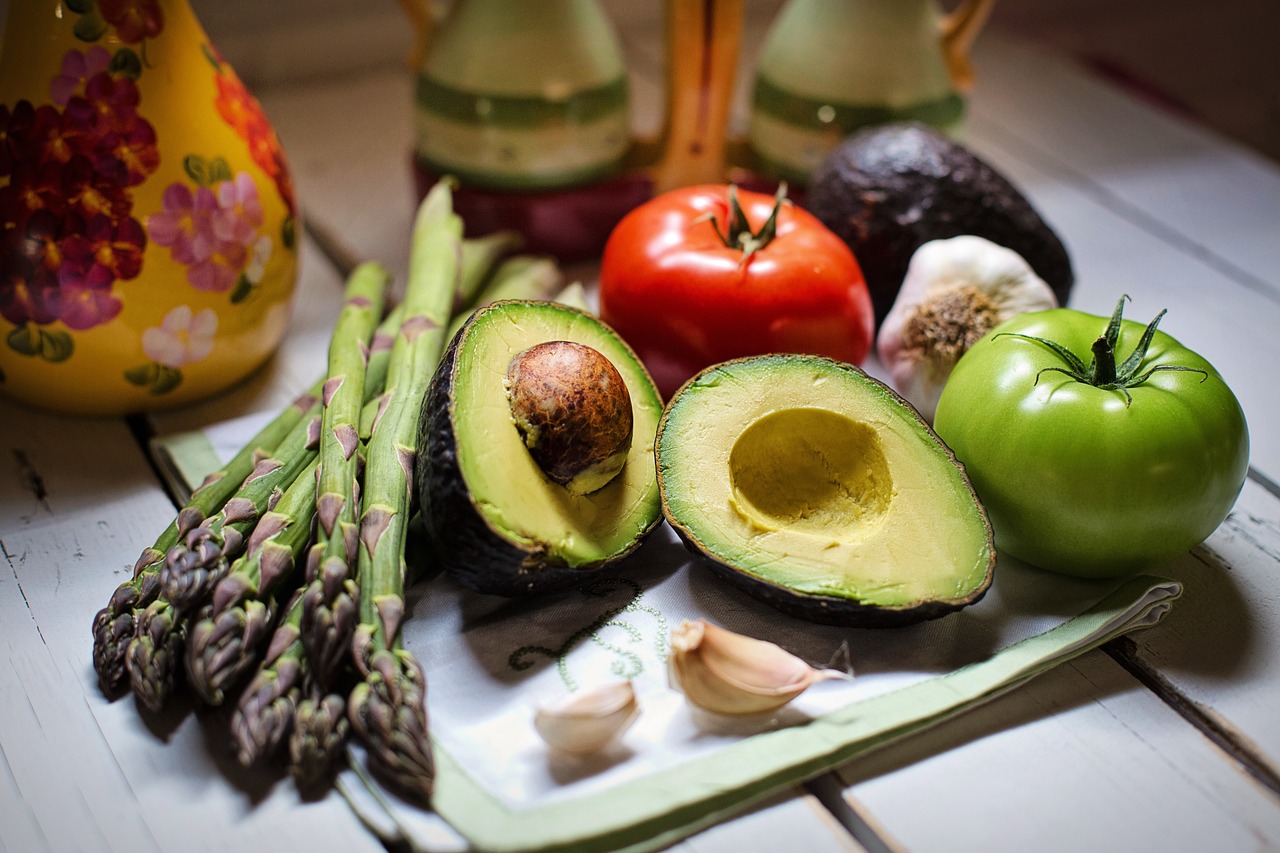
Unlocking the Truth: The Advantages and Disadvantages of a Vegan Lifestyle
Is Going Vegan the Right Choice for You? Discover the Pros and Cons!
The vegan lifestyle, characterized by the avoidance of all animal products, has gained immense popularity in recent years. Advocates tout its numerous benefits which include health improvements, environmental conservation, and ethical considerations concerning animal welfare. However, as popularity grows, so do the conversations surrounding the potential downsides. Understanding both advantages and disadvantages of a vegan lifestyle can be crucial for individuals weighing their dietary options. This article will delve into the impactful aspects of adopting a vegan diet, presenting a holistic view of embracing this lifestyle.
Transitioning to veganism is not just about changing one’s plate; it stretches into realms of identity, philosophy and social interaction. While many find joy and satisfaction in this commitment, it is vital to consider the challenges it may impose. By exploring the benefits and possible downsides of a vegan lifestyle, individuals can make more informed choices that resonate with their values and health goals. Let’s examine both sides to uncover the full spectrum of this increasingly popular dietary choice.
Pros
Adopting a vegan lifestyle comes with a rich array of benefits that are attracting many towards this dietary shift. From health perks to ethical alignments, these advantages reflect a growing understanding of the impact of food choices on the body and the planet. The benefits encompass not just physical wellness, but also emotional and environmental wellness, creating a holistic sense of well-being. In this section, we will explore the standout advantages of embracing veganism, illustrating its positive transformations in daily life.
Missing a pro?
Cons
While the vegan lifestyle offers numerous advantages, it is essential to also acknowledge the possible difficulties and drawbacks that accompany such a significant dietary change. From nutritional deficiencies to social dynamics, these challenges present themselves in various forms. Addressing the cons associated with a vegan lifestyle is pivotal for anyone considering this path, as it allows for better preparation and adaptation. In this section, we’ll delve into the hidden challenges that might arise on the road to veganism, ensuring you are well-informed and ready to take on this journey.
Missing a con?
Conclusion
In conclusion, the vegan lifestyle presents a complex tapestry of both beneficial and challenging aspects. While it offers potential improvements in health and well-being, aligns with environmental and ethical values, it also requires thoughtful navigation of nutritional planning, social dynamics, and financial considerations. Making an informed decision is crucial for those contemplating such a significant change in their diet. With the right knowledge and preparation, adopting a vegan lifestyle can lead to not only personal satisfaction but also a positive impact on the world at large.
What do you think?
Do you think the pros outweigh the cons?









